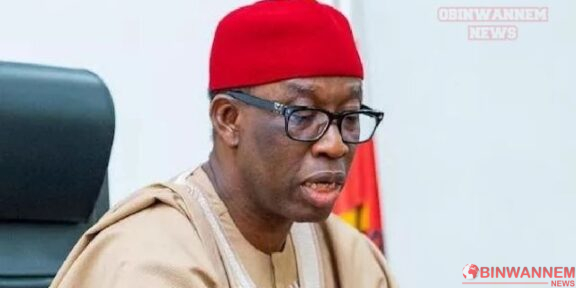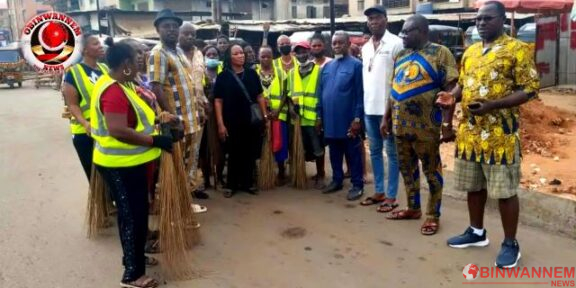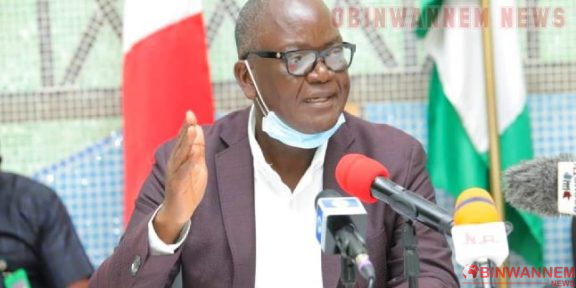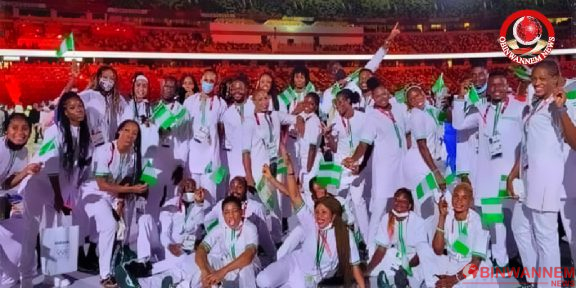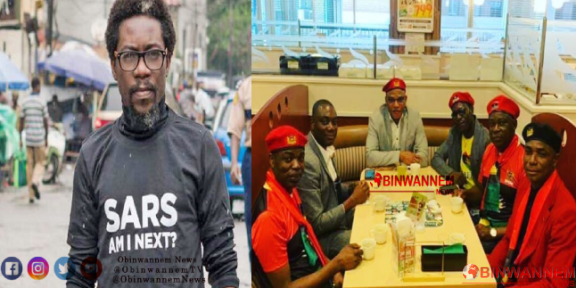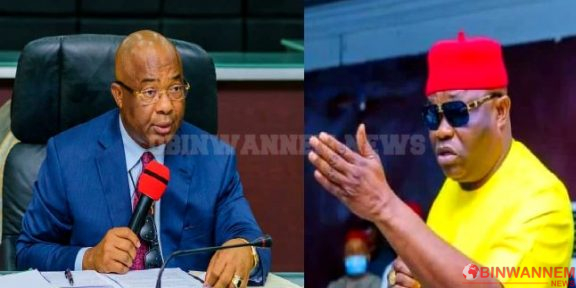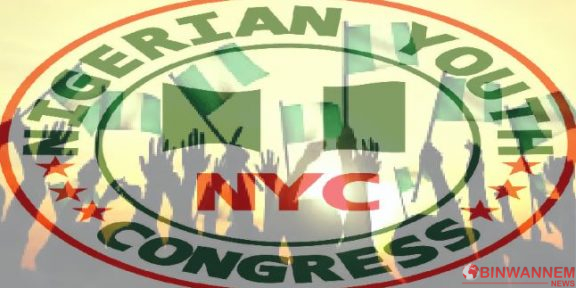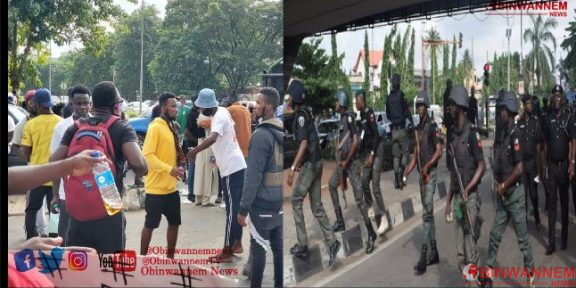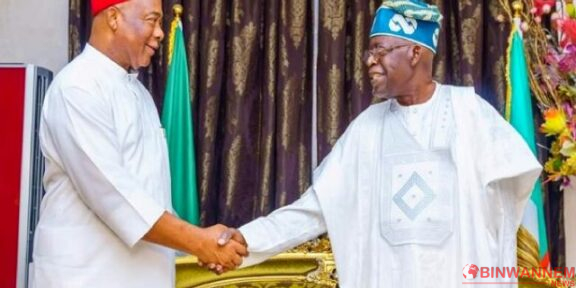The Igbo people, one of Nigeria’s largest ethnic groups, have a rich history of education deeply embedded in their culture. From traditional oral knowledge transmission to modern formal education, the Igbo society has undergone significant transformations in its approach to learning. This article delves into the historical evolution of education in Igbo society and explores the current trends that shape its educational landscape.
HISTORICAL PERSPECTIVE
Before the advent of formal education, the Igbo society relied heavily on oral tradition for knowledge transmission. Elders, or “dibia,” played a central role in educating the younger generation through storytelling, proverbs, songs, and folktales. This method not only imparted practical skills and cultural values but also preserved the Igbo heritage.
The arrival of Christian missionaries during the 19th century introduced Western-style education to Igbo society. Schools were established, often in collaboration with the local communities, where subjects like reading, writing, and arithmetic were taught alongside Christian doctrine. This period marked a shift from the traditional to a more structured form of learning.
CURRENT TRENDS
Today, education in Igbo society continues to undergo transformations influenced by both traditional values and modern advancements. Formal education remains highly valued, with schools offering a curriculum that blends Western knowledge with Igbo cultural studies. However, challenges such as inadequate infrastructure, lack of qualified teachers, and economic disparities still persist in some regions, hindering equal access to quality education.
One notable trend is the rekindling of interest in indigenous knowledge. Efforts are being made to integrate traditional practices and teachings into the curriculum, ensuring that younger generations learn about their cultural heritage alongside mainstream subjects. Initiatives promoting Igbo language preservation and cultural awareness have gained momentum, promoting a well-rounded educational experience.
Additionally, technological advancements have begun to shape education in Igbo society. The proliferation of smartphones and internet access has enabled e-learning and online resources, bridging gaps in access to information. This trend has the potential to democratize education and provide learning opportunities beyond geographical boundaries.
CHALLENGES AND THE WAY YOU FORWARD
Despite the progress, challenges remain. Gender disparities in education persist, particularly in rural areas where cultural norms may discourage girls from attending school. Socioeconomic inequalities also hinder access to quality education, as marginalized communities face barriers to enrollment and completion.
To address these challenges, collaborative efforts involving government agencies, NGOs, and local communities are crucial. Investments in educational infrastructure, teacher training, and equitable resource distribution can contribute to a more inclusive education system. Additionally, empowering women and promoting awareness about the importance of education are key steps toward achieving gender parity.
CONCLUSION
Education in Igbo society has come a long way from its roots in oral tradition to the modern formal system. The integration of cultural heritage, technological advancements, and a focus on inclusivity are shaping the educational landscape. By acknowledging the historical context and addressing present challenges, Igbo society can pave the way for a future where education is not only a means of personal growth but also a tool for preserving the rich cultural tapestry of the Igbo people.





